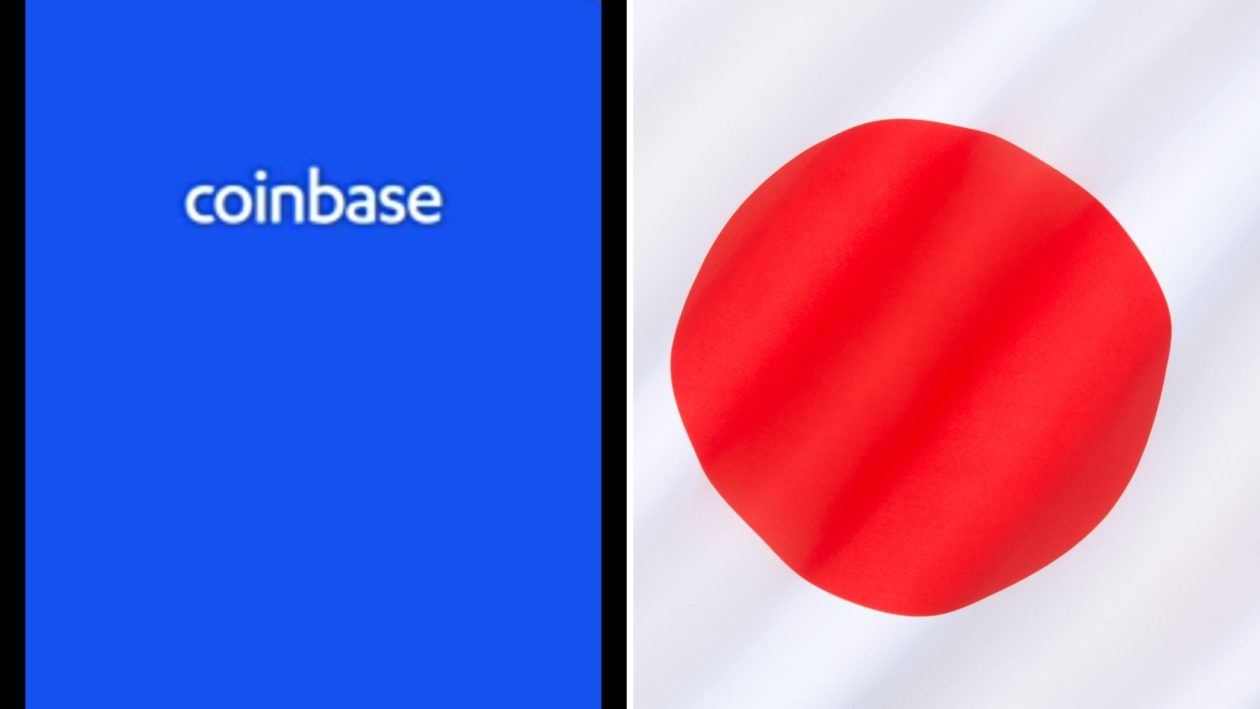Coinbase, the largest cryptocurrency exchange in the U.S., has announced a partnership with one of Japan’s largest banks, Mitsubishi UFJ Financial Group (MUFG), hoping the bank will assist them to gain entry into the world’s third-largest economy. MUFG is offering its Quick Deposit service to any of its 40 million customers who use Coinbase’s crypto trading services.
Calling itself a “remote-first” company, Coinbase has been actively hiring in many countries throughout Asia, including Japan, Singapore, the Philippines, and a recently announced expansion of its presence in India.
Poor Timing?
Coinbase chose an inauspicious time to launch in Japan, however, as Japanese exchange Liquid fell victim to a cyberattack Thursday, with hackers stealing a reported US$97 million in cryptoassets. According to analytics firm Elliptic, US$45 million of that is in Ethereum tokens. To avoid these assets being frozen — which is possible with such tokens— they are currently being converted into Ether on various decentralized exchanges.
This marks the second recent high-profile cyberattack on a crypto exchange. In what could be the biggest decentralized finance cyberattack in history, Chinese DeFi platform Poly Network lost US$600 million to a hacker last week. In an unusual turn of events, the hacker claimed to have carried out the attack for fun and to expose vulnerabilities within Poly Network. The network offered the hacker a reward of US$500,000 for the return of the assets, which occurred last Friday. The network was so impressed by the hacker’s handiwork, it offered the hacker a job as its chief security adviser.
While the hacker initially refused the reward, it seems he is now considering using it to compensate any losses to the victims of the hack. It remains unclear if he intends to accept the job offer.
The Poly Network hack outstrips 2014’s notorious hack of Japanese crypto exchange Mt. Gox — one of the earliest and biggest crypto exchanges — which saw 850,000 Bitcoin lost to hackers under suspicious circumstances. Operating between 2010 and 2014, Mt. Gox was responsible for more than 70% of all Bitcoin transactions at its peak before the hack ultimately led to its demise. At the time, the hack was valued at US$460 million, but BTC’s current price would put that at over US$40.5 billion today.
The Japanese crypto industry was shocked further in 2018 when the exchange Coincheck lost US$530 to hackers due to the crypto being incorrectly stored on a single hot wallet. Japan’s Financial Services Authority Granted the Japan Virtual and Crypto Assets Exchange Association (JVCEA) self-regulatory status following the Coincheck hack to set new standards for the domestic industry.
Good Timing?
Despite the unfortunate timing of the start, Coinbase’s entry could be signaling greater things to come for the Japanese crypto market, which had been notoriously slow for some time. A Statista Global Consumer Survey of 74 countries found that Japan was tied with Denmark for the lowest rate of crypto adoption in the world in February — at just 4%.
While events such as the Mt. Gox hack certainly set the Japanese crypto scene back a few years after strong initial growth, there are other factors which have been raised as possible reasons for such sluggish adoption.
Japan, like Denmark, has an incredibly stable economy and relatively low wealth disparity levels, so residents are less likely to be looking for alternatives to existing financial frameworks. For instance, a recent report by Chainalysis found crypto adoption was higher in countries such as India, Kenya and Nigeria — with Vietnam being ranked as the highest in the world — where the economies are unstable and wealth disparity is high. The report attributed this to crypto’s ability to protect against currency devaluation and lower the cost of remittance.
Cash is king in Japan and could be another reason for low crypto use. Low interest rates in the country have long reduced the incentive for residents to deposit their cash into banks. Though this trend seems to be slowly changing as the pandemic shifted attitudes towards cash in the country, and the government has set goals of increasing cash payments in the country from 25% to 40% by 2025.
This long-term trend may be changing however, as the JVCEA recently revealed the country’s virtual assets deposits reached a record high in March this year of 1.41 trillion yen (US$13 billion). That represents an increase of almost seven times the amount deposited in March the previous year.





